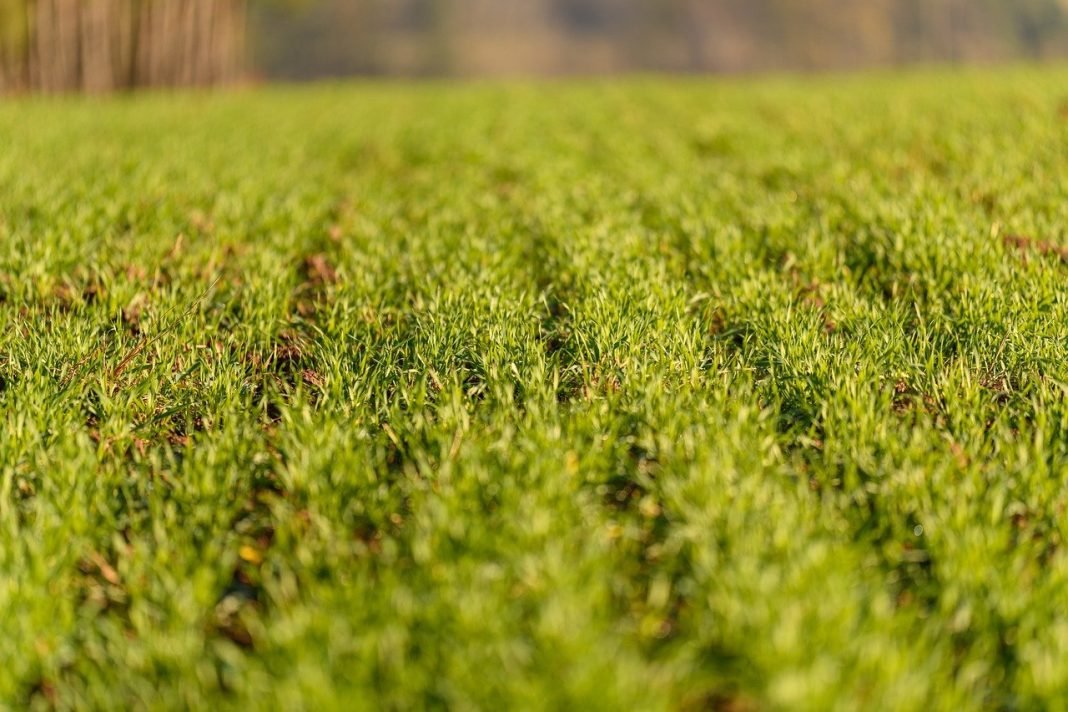BASF will let farmers track and profit from reducing carbon emissions through their new Global Carbon Farming Program. The long-term goal is to support BASF Agriculture Solutions’ promise to reduce the carbon footprint per crop ton by 30% by 2030.
Through BASF’s Global Carbon Farming Program, sustainable agricultural practices will be promoted and adopted – providing farmers with the tools necessary to help farmers make green choices.
As farmers reduce their emissions and utilize methods that capture carbon within the soil, farming can be part of the climate change solution.
Besides encouraging farmers towards sustainability, BASF will let farmers create carbon credits through verified practices. This will not only help companies offset their carbon emissions but provide farmers with an additional revenue stream – a win for companies, farmers, and the environment alike!
The carbon credit industry has grown over the past year. Companies have flocked to purchase credits to offset their emissions and meet environmental goals. Remember, many industries lack the technology needed to achieve net-zero emissions, so neutralizing emissions at this point in time is critical.
Though some critics have expressed concern over the lack of regulation within the carbon credit industry – verification methods continue to improve. World leaders at COP26 even agreed to set a global standard – recognizing the carbon market’s integral role in the fight against climate change.
Regarding this new program, Vincent Gros, president of BASF agricultural solutions, said, “The launch of our Global Carbon Farming Program is a testament to our strong commitment to sustainable agriculture. It will enable farmers worldwide to increase the health of their soils, reduce emissions, sequester carbon, and – at the same time – be rewarded for their sustainability efforts to combat climate change.”
The crops BASF’s Global Carbon Farming Program will focus on are wheat, soy, rice, canola, and corn.

